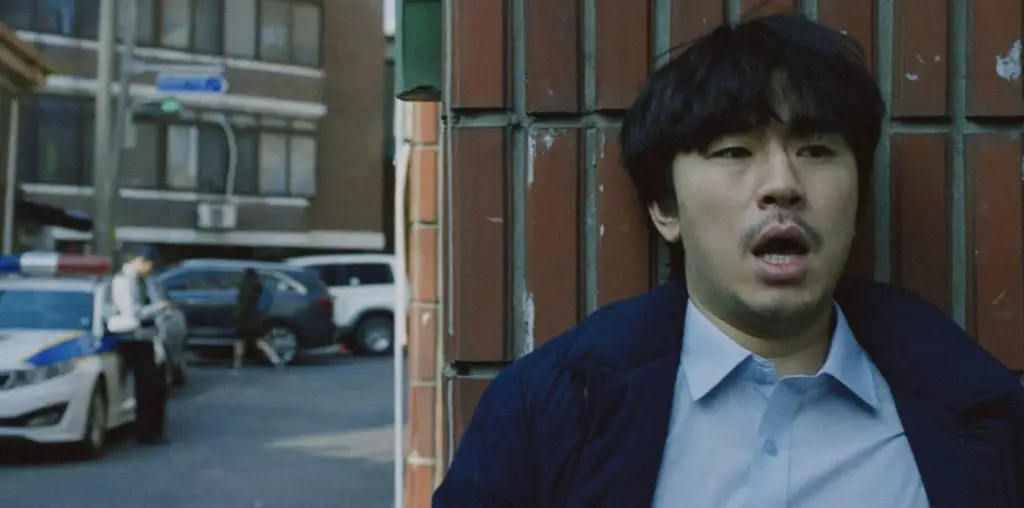
2007 SXSW EMERGING VISIONS DOCUMENTARY FEATURE! The Dominican Republic is known to some as an attractive Caribbean tourist destination, but its chief industry is sugar. Its biggest customer is the United States, which – according to the terms of the two countries’ deal – pays double the world price for the product.
What most people probably don’t appreciate are the conditions in which the sugar is produced. Dominican cane is, by and large, cut by Haitians brought in by the sugar companies to do the backbreaking work for what amounts to a slave wage. As we learn in “The Price of Sugar,” poor Haitians are duped into coming to the Dominican Republic for jobs, only to have their documentation taken from them, which renders them non-citizens in both the DR and their home country. They make the equivalent of 90 cents a day and are forced, a la turn-of-the-century West Virginia coal miners, to live and shop in homes and stores owned by the sugar companies. These villages, or bateyes, are the 21st century equivalent of company mining towns.
The film also follows the efforts of a Spanish priest, Father Christopher Hartley, to improve the plight of these immigrant workers. Hartley is an interesting character in his own right, being the product of both Spanish aristocracy and the British Hartley marmalade empire. Hartley joined the seminary at 15, worked for over twenty years with Mother Teresa, and now devotes his life to helping undocumented Haitians improve their lot, often at risk of his own safety, as other Dominicans – fed by government propaganda – protest against Hartley and the Haitians themselves.
“The Price of Sugar” is another chapter in the seemingly endless story of the poor and downtrodden getting exploited and victimized by those in power. Interviews with Hartley, everyday Dominicans, and the cutters themselves expose long-standing prejudices. For example, the DR was the first country in the Americas to use African slaves, Haiti also used to control the DR, and Dominican regard Haitians as “blacker” and, therefore, inferior. This is why, even when Hartley’s actions garner international attention and support, the Dominican government is able to foment prejudice among its own people and deny any allegations of abuse.
Director/producer Bill Haney has given us a sobering picture, one that shows that even now, in the most technologically advanced era of all time, huge populations in the world live and die like it was still the Dark Ages.
